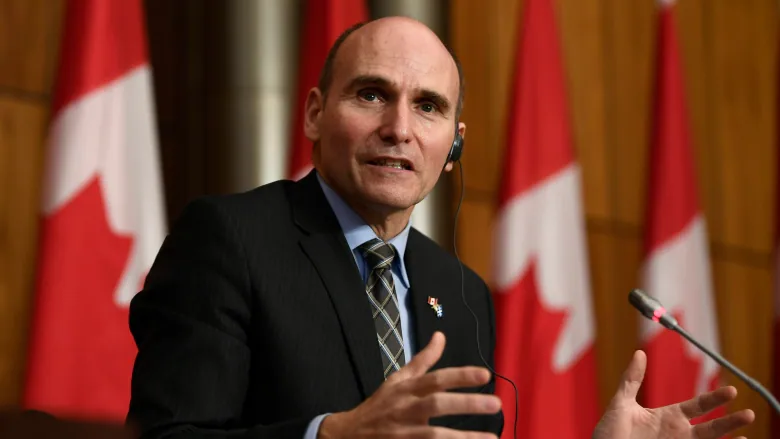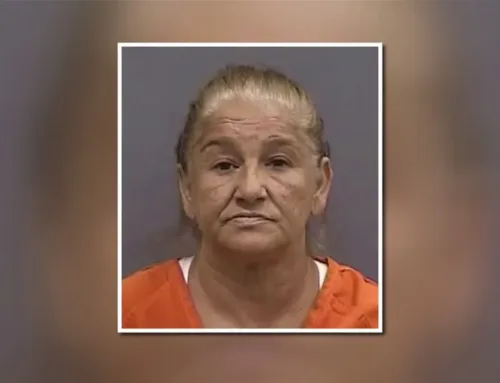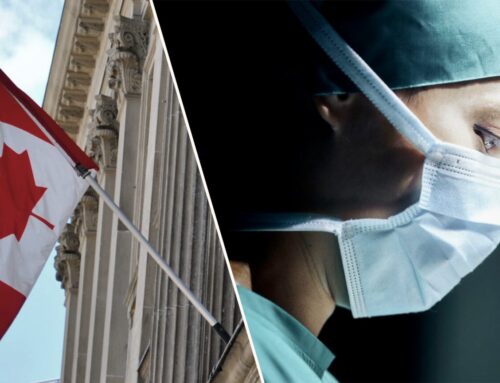January 7, 2021
-CBC
Provinces are likely to introduce mandatory vaccination policies in the coming months to deal with surging COVID-19 caseloads, Health Minister Jean-Yves Duclos said today.
“What we see now is that our health care system in Canada is fragile, our people are tired, and the only way that we know to get through COVID-19, this variant and any future variant, is through vaccination,” Duclos said.
Duclos said that while rapid tests, masking and social distancing are useful tools, they won’t end the pandemic on their own.
“Fifty per cent of hospitalizations now, in Quebec, are due to people not having been vaccinated,” he said. “That’s a burden on health care workers, a burden on society which is very difficult to bear and for many people difficult to understand.
“That’s why I’m signaling this is a conversation which I believe provinces and territories, in support with the federal government, will want to have over the next weeks and months.”
Duclos said that while discussions about mandatory vaccination policies are not taking place now, he believes that, based on his “personal understanding of what we see internationally and domestically and in my conversations [with] health ministers over the last few weeks,” the discussion will start in the coming weeks or months.
He stressed that it’s up to the provinces to decide whether to implement mandatory vaccination policies.
Duclos said the provinces are facing a perfect storm of record-setting case numbers, a shortage of health care workers and up to seven million eligible Canadians still unvaccinated.
“What we can do … is provide vaccines, tests, personal protective equipment,” he said. “We can provide tracing support, we can provide all sorts of other non-human resources types of assistance.”
Intergovernmental Affairs Minister Dominic LeBlanc said there are limits to what the federal government can do to ease shortages of health care staff.
“It’s no surprise that provincial and territorial governments have considerably more health human resources, for example, than would the government of Canada,” he said.
Quebec, Europe strengthen vaccine policies
Earlier this week, Quebec’s Health Minister Christian Dubé announced that Quebecers will need to show proof that they are fully vaccinated in order to enter government-run liquor and cannabis shops as of Jan. 18.
Dubé said half of the people with COVID-19 being admitted to ICUs in the province are unvaccinated and that the new restrictions are needed slow down hospital admissions.
The minister also said the Quebec government will soon expand the use of the vaccination passport to other non-essential businesses, such as personal care services. That announcement is expected in the coming days.
“By limiting the places they can go, we’re limiting their contacts,” Dubé said, referring to the unvaccinated.
“If you don’t want to get vaccinated, stay home.”
Some European countries, such as Austria and Greece, have moved in that direction already as infection rates hit record highs and vaccination campaigns stall.
Greeks over the age of 60 who are not yet vaccinated are now subject to monthly fines of 100 euros ($140 Cdn). Austria, which has one of the lowest vaccination rates in the European Union, is looking at fining unvaccinated Austrians more than 7,000 euros ($9,880). Slovakia, meanwhile, is offering payments of 600 euros ($844) to encourage people to get their shots.
There are signs that enforcing these new vaccine rules will be a challenge. In late November, roughly 40,000 people assembled in Vienna to protest the new rules.




